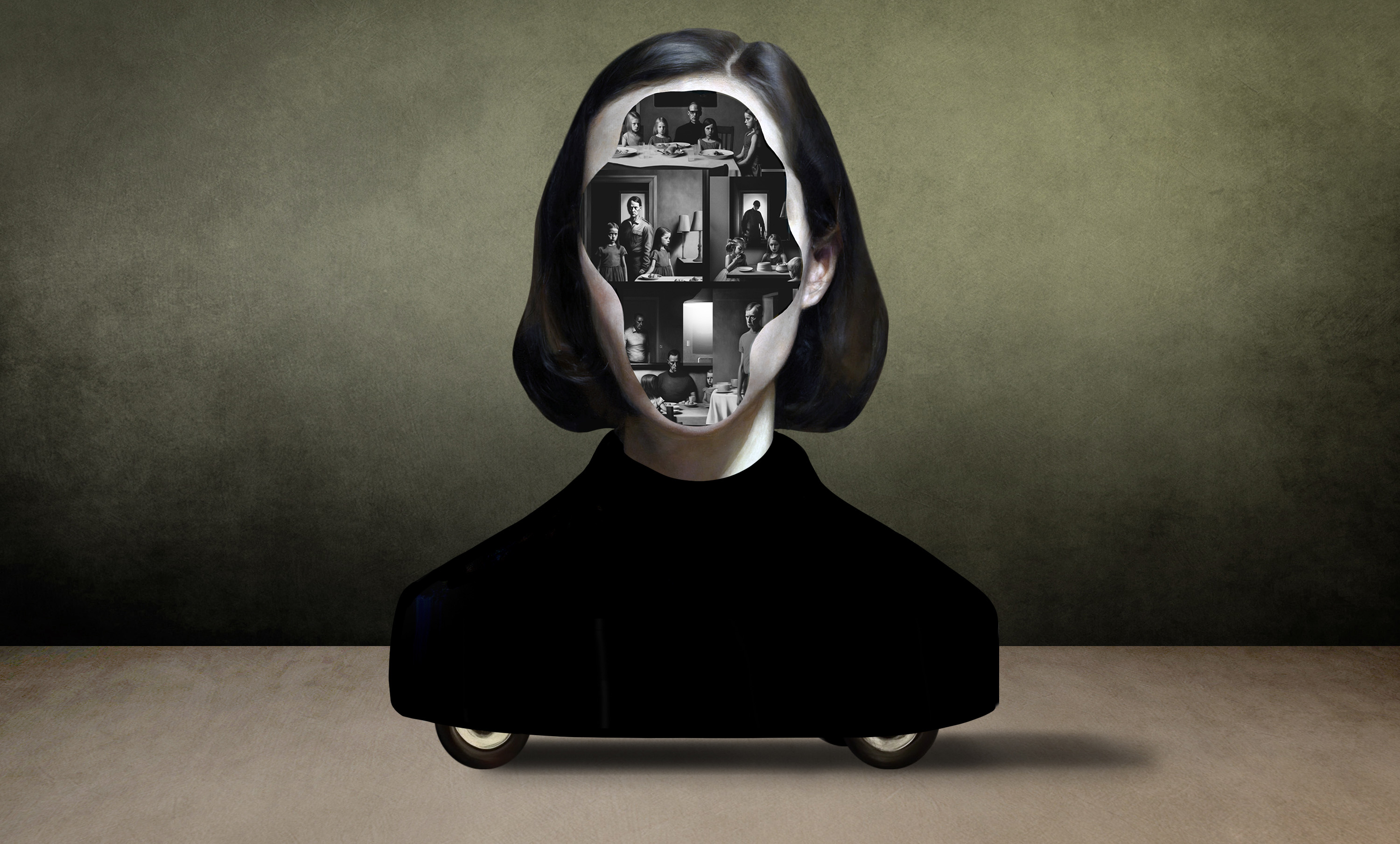This is today’s edition of The Download, our weekday newsletter that provides a daily dose of what’s going on in the world of technology.
Google says it’s made a quantum computing breakthrough that reduces errors
The news: Google researchers claim to have made a breakthrough in quantum error correction, one that could pave the way for quantum computers that finally live up to the technology’s promise.
Why it matters: One major challenge facing the field has been that quantum computers can store or manipulate information incorrectly, preventing them from executing algorithms that are long enough to be useful.
The new research from Google Quantum AI and its academic collaborators demonstrates that they can add components to reduce these errors. Ultimately, it bolsters the idea that error correction is a viable strategy toward building a useful quantum computer. Read the full story.
—Sophia Chen
Why a ruling against the Internet Archive threatens the future of America’s libraries
—Chris Lewis is president and CEO of Public Knowledge, a consumer advocacy group that works to shape technology policy in the public interest.
In the 1980s and ‘90s, it didn’t matter if you didn’t have a computer or your parents lacked infinite money for tutors—you could get a lifetime’s education for free at the public library.
A ruling from the US Second Circuit against the Internet Archive and in favor of publisher Hachette has just thrown that promise of equality into doubt by limiting libraries’ access to digital lending. Read this to learn why.
The must-reads
I’ve combed the internet to find you today’s most fun/important/scary/fascinating stories about technology.
1 OpenAI’s new reasoning AI model is coming
The Strawberry model is reportedly planned for release within a fortnight. (The Information $)+ It’s an area of research that Google DeepMind is also invested in. (MIT Technology Review)
2 Another human has contracted bird flu in the US
And worryingly, they don’t seem to have been in direct contact with animals. (Vox)
+ How worried should we be, really? (The Atlantic $)
+ What’s next for bird flu vaccines. (MIT Technology Review)
3 A US legal advisor coalition wants warning labels for social media
The 42-strong attorney general group is urging Congress to take action. (WP $)
+ Australia is planning to introduce a minimum age limit for social media use. (BBC)
+ Should social media come with a health warning? (MIT Technology Review)
4 How 9/11 changed the internet
It shaped how we talk—and to some people’s distaste, joke—about national tragedies online. (Insider $)
5 Huawei has announced a triple-folding smartphone
The $2,800 Mate XT folds up like a pamphlet. (FT $)
+ If you want more memory, its price tag rises to an eye-watering $3,300. (Reuters)
6 Caroline Ellison is likely to receive a sentence soon
The key FTX case witness has pleaded guilty to fraud and conspiracy charges.(NY Mag $)
+ She’s seeking no prison time as a result of her cooperation in the trial. (Boston Globe $)
7 Satellites are at risk from “killer electrons”
Luckily, a secretive radio wave method could help safeguard them. (Economist $)
8 Researchers have created a cloud atlas of Mars
While some formations are similar to Earth’s, others are completely different. (New Scientist $)
9 Kamala Harris supporters are using Trump’s weirdest quotes against him
A new platform catalogs all of his strangest missives in real time. (Fast Company $)
10 The British are coming! 
Britishcore is the latest tongue-in-cheek trend to grab Gen Z’s attention. (The Guardian)
Quote of the day
“Parents want their kids off their phones and on the footy field and so do I.”
—Anthony Albanese, Australia’s prime minister, explains the rationale behind his government’s plans to restrict social media access for teenagers and children, the Financial Times reports.
The big story
A Roomba recorded a woman on the toilet. How did screenshots end up on Facebook?

December 2022
In the fall of 2020, gig workers in Venezuela posted a series of images to online forums where they talk shop. The photos were mundane, if sometimes intimate, household scenes—including a particularly revealing shot of a young woman in a lavender T-shirt sitting on the toilet, her shorts pulled down to mid-thigh.
The images were not taken by a person, but by development versions of iRobot’s Roomba robot vacuum. They were then sent to Scale AI, a startup that contracts workers around the world to label data used to train artificial intelligence.
Earlier this year, MIT Technology Review obtained 15 screenshots of these private photos, which had been posted to closed social media groups. The images speak to the growing practice of sharing potentially sensitive data to train algorithms. They also reveal a whole data supply chain—and new points where personal information could leak out—that few consumers are even aware of. Read the full story.
—Eileen Guo
We can still have nice things
A place for comfort, fun and distraction to brighten up your day. (Got any ideas? Drop me a line or tweet ’em at me.)
+ What do astronauts and deep sea divers have in common? Their training is surprisingly similar.
+ Eggs, eggs eggs—who doesn’t love eggs? 
+ Better gut health is something we should all be aiming for. Here’s where to start.
+ Single women of TikTok, we salute you.
Correction: The piece has been updated to remove a reference to Amazon’s acquisition of iRobot, which was never completed.